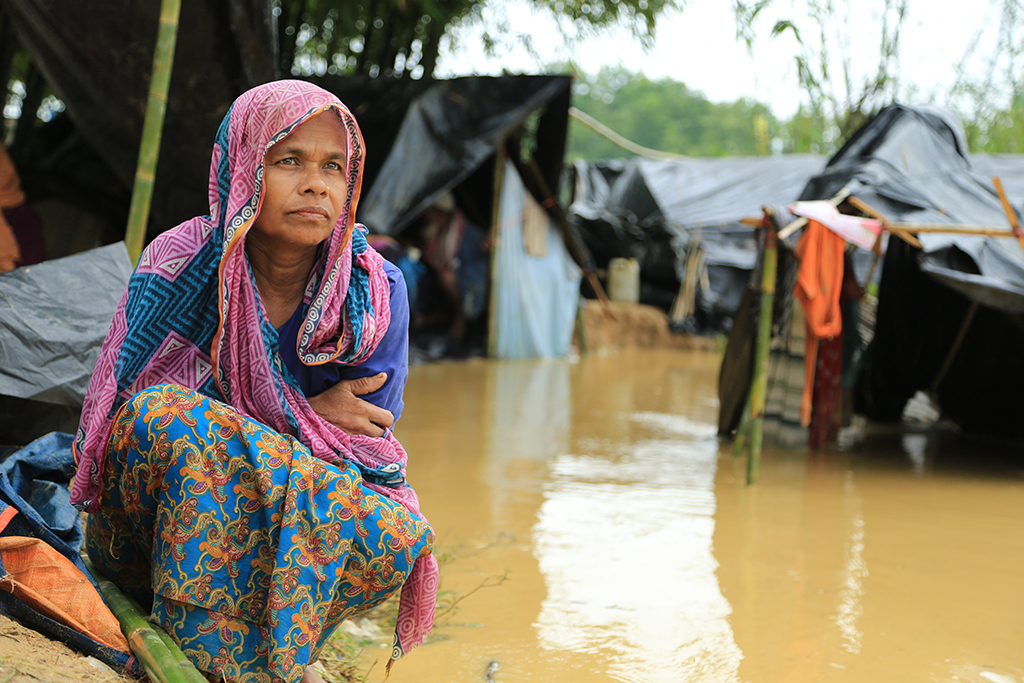Government on notice: step up for children and families in conflict zones
Wednesday, January 16, 2019

Major Australian aid groups today launched a tool that will hold the Australian Government accountable for protecting children and families in conflict zones.
The UN estimates 132 million people will be in desperate need of humanitarian assistance this year, at a cost of about $25.2 billion USD.
Nine organisations, including World Vision Australia and the Centre for Humanitarian Leadership, signed up to a unique checklist laying out avenues the Government must consider to stand up for human rights and prevent future humanitarian crises.
“Aid organizations cannot manage these crises alone,” says Caelin Briggs, World Vision Australia’s senior policy advisor on conflict and displacement. “We need the Australian Government to use its weight to find political solutions and hold human rights violators accountable.”
Most of the world’s humanitarian needs are the result of conflict and violence and there are more refugees and displaced people now than at any point in recorded history.
“Australia campaigns hard to have a seat at the table in various UN forums,” says Rebecca Barber, checklist author and associate lecturer in humanitarian studies at Deakin University.
“And yet, our performance does not always live up to expectations – particularly in “hard cases” where Australia has political or economic ties to states involved in conflicts.
“Australia should leave no stone unturned in its efforts to restore a safe and free environment for families living in conflict zones.”
The Australian Checklist for Action assesses whether Australia has:
- Supported or initiated resolutions at the UN and other international decision-making forums;
- Applied diplomatic pressure on states responsible for rights violations;
- Provided humanitarian funding in line with Australia’s responsibilities;
- Banned the export of weapons that could be used to violate human rights;
- Imposed sanctions - such as asset freezes and travel bans - on leaders responsible for rights violations.
“We are at a tipping point: each year, the gap widens between humanitarian needs and available funding,” says Ms Briggs. “The only way to break this cycle is for governments to address the conflicts that are creating these crises.”
“We are putting the Government on notice - Australian aid groups will be monitoring the Government’s efforts to bring an end to conflicts and avert future humanitarian catastrophes,” she says.
World Vision Australia, Oxfam Australia, CARE Australia, Australian Council for International Development, Amnesty International Australia, Act for Peace, Save the Children Australia, and the Asia Pacific Centre for the Responsibility to Protect, and the Centre for Humanitarian Leadership (a partnership between Deakin University and Save the Children) are signatories to the checklist.
For more information or for interview requests, contact:
Mary-Louise O’Callaghan 0427 413 816
Mary-Louise.OCallaghan@worldvision.com.au
Media Releases,
Africa,
Asia and the Pacific,
Latin America and Carribean,
Middle East, Eastern Europe & Central Asia,
Conflict,
Emergency,
United Nations
Back to all Results